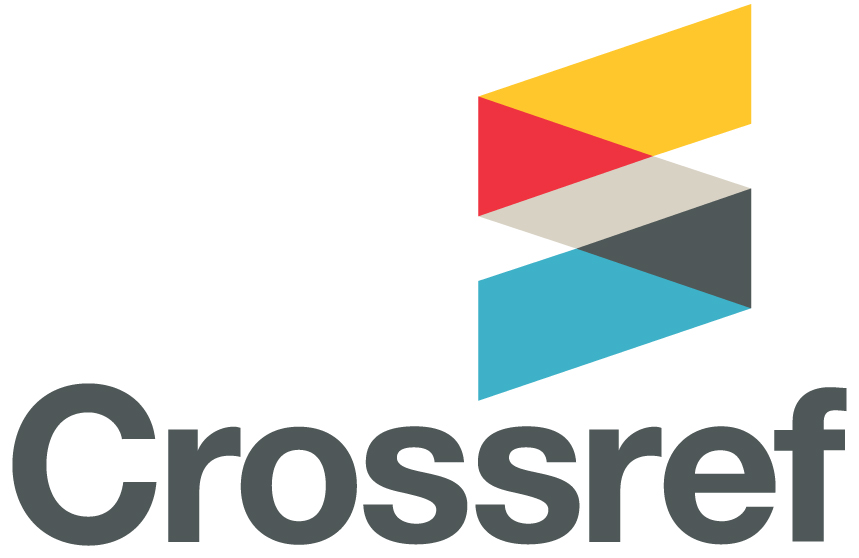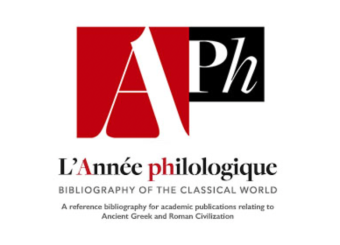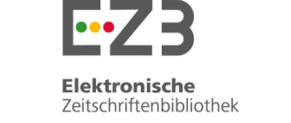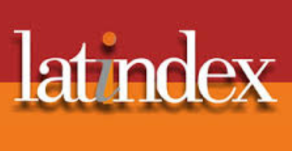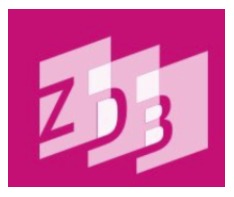About the Journal
Grecorromana. Revista Chilena de Estudios Clásicos is an academic publication affiliated with the Department of Humanities at Universidad Andrés Bello, Chile. Its purpose is to strengthen the study of the ancient Greco-Roman world within Latin America, including its development through Late Antiquity and its reception in subsequent periods (Classical Reception).
The journal is defined by its commitment to highlighting classical scholarship produced in the region and integrating it into the broader international academic debate. Accordingly, Grecorromana offers a platform for publishing original and meaningful research—whether through theoretical or methodological innovation, or through new translations and commentaries on classical sources, particularly in Spanish.
In doing so, Grecorromana fosters critical and analytical engagement with Classical Antiquity, encouraging dialogue among the many disciplines that comprise Classical Studies, such as history, philosophy, philology, archaeology, art, and mythology. It brings together scholars from across Latin America and the wider international community.
Except in the case of source materials or new translations, submissions to Grecorromana must be original, unpublished, and not under consideration elsewhere. All manuscripts undergo a double-blind peer review process, during which reviewers may request revisions from the author. In cases where evaluations diverge significantly, a third review may be solicited to reach a final decision.
Manuscripts are evaluated according to official review guidelines Grecorromana, which consider both formal elements—such as title, abstract, keywords, length, writing style, and formatting—and substantive criteria, including relevance, originality, clarity of research question and hypothesis, use of primary sources, bibliography, and the strength of the theoretical and methodological framework.
The journal is published annually. Beginning in 2025, Grecorromana will adopt a continuous publication model.
Evaluated articles may be: 1. approved under original conditions or with minor changes; 2. approved, but subject to major revisions; 3. rejected.
The final decision for publication rests with the editorial committee based on the reviewers' reports.
Grecorromana. Revista Chilena de Estudios Clásicos publishes articles resulting from research, translations, documentary sources, and book reviews. Additionally, it publishes under the Dossier modality, contributions for which must be proposed through a coordinator and a minimum of three research articles.
Operating under an open access policy, the publication offers its content for free, and authors will transfer their publication rights to the journal.
Grecorromana. Revista Chilena de Estudios Clásicos is indexed in the following indexes and databases: L'Année philologique, ERIH PLUS, Latindex directory, ROAD (Directory of Open Access Scholarly Resources), EZ3 Elektronische Zeitschriftenbibliothek, The Ancient World Online: AWOL, ZDB (Zeitschriften Datenbank), WorldCat.
Grecorromana. Revista Chilena de Estudios Clásicos maintains a preservation policy for its publications by assigning a DOI to each published object (articles and reviews), which is then deposited in Crossref. Additionally, it deposits its publications in the digital repository of the Biblioteca de la Universidad Andrés Bello.
Policy and Scope:
Theme and Scope: Grecorromana. Revista Chilena de Estudios Clásicos is an annual publication dedicated to the study of the Greco-Roman ancient world, as well as its projection into Late Antiquity and its reception in subsequent periods. Its purpose is to establish a space for critical and reflective analysis of Antiquity, promoting dialogue among the disciplines that make up classical studies. Greco-Roman maintains an open access policy, offering its content for free to its readers.
Section Policies:
-Articles: All published articles undergo a double-blind peer review process.
-Reviews: Published reviews are evaluated by members of the editorial or scientific committee. External evaluation may be requested if necessary.
Open Access Policy: Grecorromana. Revista Chilena de Estudios Clásicos, recognizing the relevance of constructing and disseminating knowledge of the classical world, maintains an open access policy and offers its content for free to all readers. Additionally, the publication does not receive payment from authors.
Ethical Policies:
* The policies declared below adhere to the recommendations of COPE Best Practice Guidelines for Journal Editors, as well as to the recommendations of Elsevier (http://publicationethics.org/resources/guidelines)
Grecorromana. Revista Chilena de Estudios Clásicos aims to publish and disseminate Greco-Roman culture in its broadest sense and with the highest standards of quality and ethics. These standards apply to the entire publication process, from manuscript submission, review, and decisions on final publication, as well as to all members of the journal: the director, editorial board, scientific committee, peer reviewers, and authors. Plagiarism is strictly prohibited.
Responsibilities:
Editorial Committee
- Publication Selection: The editorial committee of Greco-Roman is responsible for selecting the articles to be published in the journal. It must also adhere to and respect the ethical conduct proposed in this declaration, as well as ensure compliance with legal principles such as copyright and plagiarism. The committee also has the freedom to discuss decisions made by reviewers or the scientific committee regarding the selection of articles. The committee must also send received manuscripts to suitable reviewers according to the general or specific thematic content, ensuring a proper review process.
- Non-Discrimination: The editorial committee will review manuscripts and make decisions on articles independently of the race, gender, sexual orientation, religious beliefs, ethnic origin, nationality, or political ideology of the authors.
- Confidentiality: The editorial committee is prohibited from disclosing any information about manuscripts under review/publication to third parties not involved in the manuscript's publication process.
- Transparency and Interests: The editorial committee is prohibited from using information from any manuscript under review/publication for their personal research without the explicit consent of the author.
Reviewers
- Confidentiality: The manuscript to be reviewed is a confidential document and should not be discussed with third parties outside the review process.
- Timeliness: Given the publication timelines, reviewers should decline a review if they do not have sufficient time to complete it. Similarly, if they accept to review a manuscript, they must commit to providing their evaluation according to Greco-Roman's timelines.
- Activity: Reviewers are tasked with analyzing and evaluating a manuscript to provide an opinion on its suitability for publication, as well as providing feedback to the author to improve aspects of the manuscript. This contributes critical material for the final decision on manuscript publication.
- Transparency and Interests: Reviewers must maintain the confidentiality of the review process and refrain from reviewing manuscripts that represent a conflict of interest for any reason.
Author Responsibilities
- Research: Authors are responsible for submitting original research that is not under review elsewhere. This includes not substantially using the manuscript with minor changes in review processes for other journals simultaneously. Additionally, the manuscript must minimally comply with the following: clear and coherent structure, correct use of information or sources of information, as well as secondary bibliography, clarity in methodology, clarity in research objectives, and a coherent assessment of the results.
- Authenticity: Authors must ensure the absolute originality of their research. Plagiarism will not be tolerated.
- Authorship: Authorship belongs to those who have actively and significantly contributed to the writing and/or research process presented in a manuscript. Anyone who has participated significantly in the work should be named as a co-author. Individuals who have directly or indirectly contributed to the research should also be mentioned (not as authors or co-authors). It is the responsibility of the corresponding author to ensure these guidelines are followed. Fundamental
- Errors in Research: If an author discovers any fundamental errors in their research after submission and/or publication, they must contribute to correcting them as soon as possible.
Sanctions:
In cases of misconduct or violation of research ethics, the Editorial Committee may take measures commensurate with the seriousness of the offense, which translate into sanctions of the following nature:
- Declaration and warning to the author, expressing the violation of research ethics.
- Formal publication on the journal’s page, with a detailed explanation of the violation of research ethics and, if necessary, acknowledgment of corresponding authorship.
- Retraction of the publication, accompanied by a formal declaration of the violation to the author, their affiliated institution, and the reading audience.
In cases of publication editing or retraction, corresponding databases and indexes will be informed.



